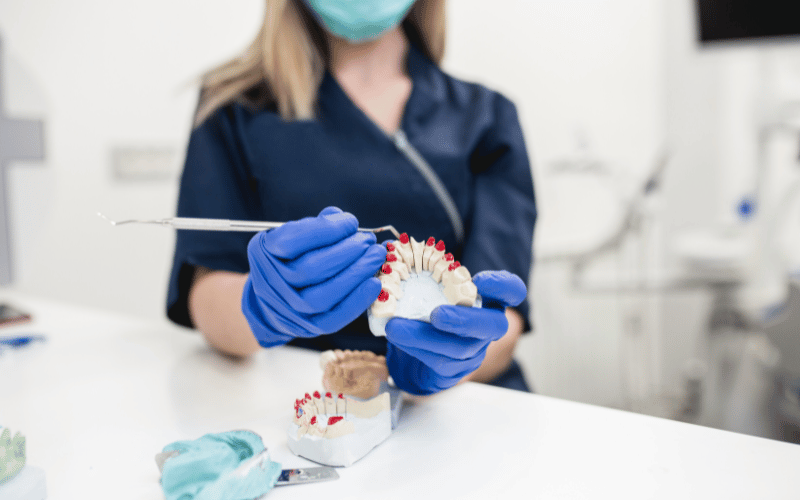Frequently Asked Questions about Bruxism Symptoms
Advertisements
 Advertisements
Advertisements
1. Can bruxism lead to long-term dental damage?
Absolutely. Prolonged and untreated bruxism can cause wear and tear on the enamel, leading to tooth sensitivity, chipping, and in extreme cases, tooth loss. It can also damage dental work such as fillings, crowns, and implants.
2. I wake up with a sore jaw but don’t recall grinding my teeth. Could it still be bruxism?
Yes, it’s possible. Many people with bruxism aren’t aware they grind their teeth, especially if it happens during sleep. If you’re waking up with a sore jaw, it’s essential to consult a dentist to determine the cause.
3. Are stress and anxiety the only emotional triggers for bruxism?
While stress and anxiety are common triggers for bruxism, they aren’t the only emotional factors. Anger, frustration, and even intense concentration can also cause some individuals to clench or grind their teeth.
4. Is there a connection between bruxism and sleep disorders?
There is indeed a link. People with certain sleep-related disorders, such as sleep apnea, are more likely to grind their teeth. Bruxism can also disrupt the sleep cycle, leading to less restful sleep and fatigue during the day.
5. Can children suffer from bruxism? How can it be addressed?
Yes, children can also experience bruxism. Causes can range from misaligned teeth to stress or even certain medical conditions. If you suspect your child is grinding their teeth, it’s crucial to see a pediatric dentist. Treatment options might include dental approaches or addressing potential stressors in the child’s life.
6. How is bruxism diagnosed? Do I need special tests?
Bruxism is typically diagnosed based on its symptoms and a dental examination. A dentist will look for signs of dental wear or damage and may ask about any related symptoms. In some cases, they might recommend a polysomnogram, a sleep study, especially if there’s a suspected connection with sleep disorders.
7. Are there home remedies or over-the-counter solutions to manage bruxism symptoms?
While professional diagnosis and treatment are always recommended, there are some measures one can take at home. This includes practicing stress-reducing techniques, being conscious of daytime clenching, and trying over-the-counter mouth guards (though custom-made ones from a dentist are usually more effective and comfortable).
Conclusion: Understanding Bruxism and Prioritizing Dental Health
Bruxism, while common, poses a real threat to our dental well-being, highlighting the interconnectedness of our physical and emotional health. This teeth-grinding behavior is often a silent disruptor, manifesting through symptoms like jaw pain, sleep disruptions, and dental damage, even before we’re fully aware of its presence.
While the exact causes can vary, ranging from emotional triggers like stress to physiological ones like misaligned teeth, it’s crucial to recognize and address the symptoms early on. Regular dental check-ups, combined with a proactive approach towards understanding the potential triggers, can pave the way for effective interventions.
Whether it’s utilizing dental devices, embracing stress-reducing techniques, or simply being more mindful of our habits, there are multiple avenues to tackle bruxism. As we conclude, remember that our dental health is a reflection of our overall well-being. By understanding and addressing conditions like bruxism, we’re not just preserving our smiles but enhancing our overall quality of life.